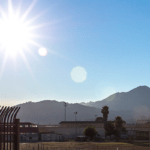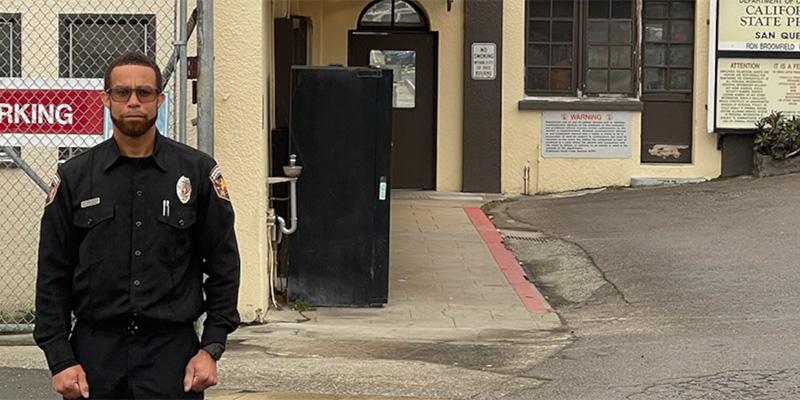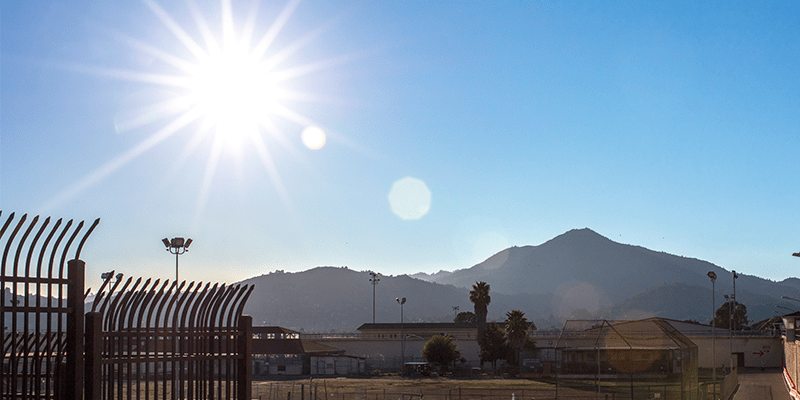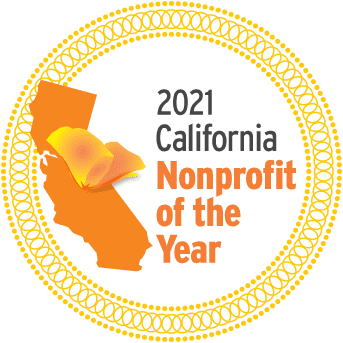Published in the November 2018 newsletter, which you can read in its entirety here.
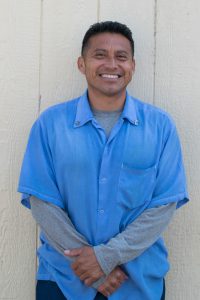 As a future entrepreneur, taking Business 101 was a blessing. I have learned to build houses from the ground up and I plan to begin my own house flipping business upon release. This course provided me with valuable information that would increase my chances to succeed in my business, specifically the financing and marketing aspects.
As a future entrepreneur, taking Business 101 was a blessing. I have learned to build houses from the ground up and I plan to begin my own house flipping business upon release. This course provided me with valuable information that would increase my chances to succeed in my business, specifically the financing and marketing aspects.
Before taking this class I only knew the physical aspect of my future business, which is how to flip distressed houses. I had no idea of the importance of creating a well-thought-out business plan. I learned the different ways to finance a business and after reflecting on that, I chose the bootstrap financing strategy to get my startup expenses as low as possible. The main characteristics of the strategy are: hiring as few employees as possible, borrowing or renting equipment, using personal savings, and getting small loans from friends or relatives. I created a break-even analysis of my business, which allowed me to estimate the number of houses I need to sell at which net income is zero (have no profit or loss). This is relevant because it tells you at what point you will begin to make profit.
Developing and implementing a marketing strategy is vital. It all starts with research to make sure that a market exists for my service or product, then, choosing a pricing method. I learned what factors to take into consideration when setting a price for a house. After carefully examining the distribution channels, I decided to directly sell my house because as a startup company, I need to cut expenses whenever possible. This class explained in detail the most common way for promoting a product or service, so one can decide which method to use according to one’s business.
After taking this course, I not only feel prepared to start my own business, but I have confidence that I would be successful in flipping houses. Throughout the semester all the teachers made me think outside the box and focus on risk management. Life is full of what-ifs so it’s always wise to have a life plan and be ready when the unexpected occurs.
Finally, I want to express my sincere gratitude, appreciation, and admiration for Theresa Roeder, Jen Lyons, and Will Bondurant for their excellence, professionalism, and for making the most challenging topics easy to understand.
 This summer, I had the great pleasure of teaching Business 101: Introduction to Business, with Will Bondurant and Jennifer Lyons. We each have expertise in distinct areas of business—Will is in marketing, Jen is finance and economics, and I’m operations. After we’d covered the subject-specific material, we spent the second half of the semester talking more broadly about entrepreneurship, communications, professionalism, and ethics, while students worked on their business plans.
This summer, I had the great pleasure of teaching Business 101: Introduction to Business, with Will Bondurant and Jennifer Lyons. We each have expertise in distinct areas of business—Will is in marketing, Jen is finance and economics, and I’m operations. After we’d covered the subject-specific material, we spent the second half of the semester talking more broadly about entrepreneurship, communications, professionalism, and ethics, while students worked on their business plans.
The level of enthusiasm for the class was high, and it opened students’ eyes to all that goes into starting a business. In class, we talked about the Triple Bottom Line (the three Ps) of sustainability: people, planet, profit. The students came up with business ideas that would allow them to simultaneously earn a living and better the lives of their community. We had projects from training and placing formerly incarcerated people in tech jobs to opening a neighborhood convenience store with affordable, healthy foods. I had several conversations with students about how their attitude has changed. Now, they are actively trying to help others lift themselves up. It made me reflect on the effect education can have on people.
The writing in their business plans was better than some of what is turned in to me at my “day job.” While I can speculate about a number of factors that might be contributing to this, the two big ones are that students really want to learn, and that the Prison University Project encourages them to spend as much time in introductory writing and math classes as they need. This, sadly, is not what happens on the outside, to the detriment of our students. Despite teaching in a business school, I think liberal arts education is critically important, especially for incarcerated students. Nonetheless, there’s also great value in providing them with additional skills that will assist them when they seek work on the outside.
Please note that the Prison University Project became Mount Tamalpais College in September 2020.

